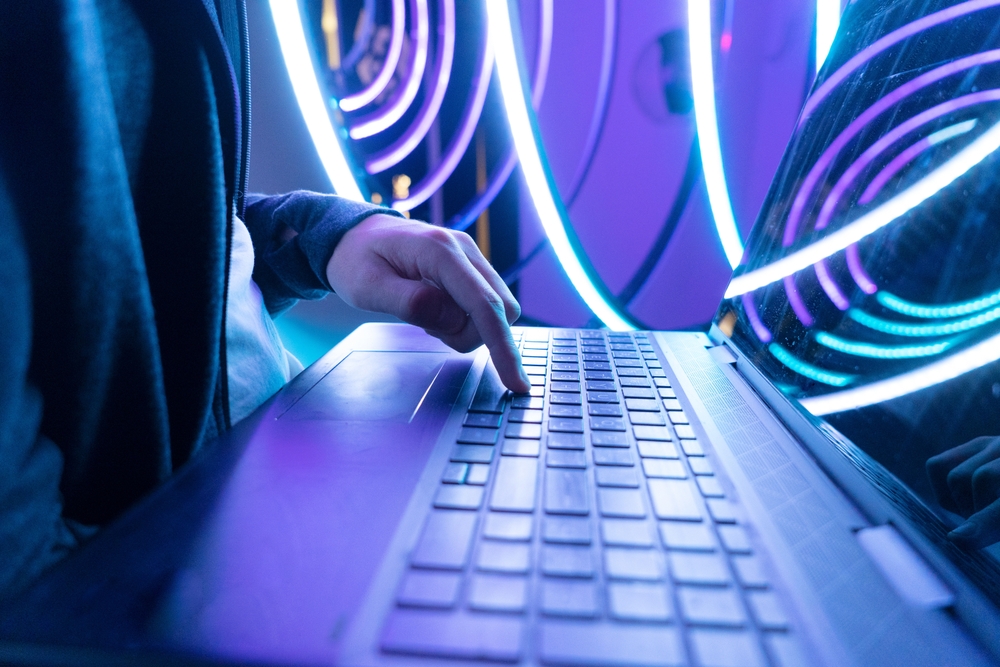The United States and China continue to trade accusations of intellectual property theft, with artificial intelligence (AI) emerging as a contentious battleground. Recent reports from US intelligence agencies highlight China’s alleged use of AI not only to pilfer trade secrets but also to amass vast troves of data on American citizens, signaling an unprecedented scale of surveillance, as detailed by The Wall Street Journal.

Escalating Allegations
FBI Director Christopher Wray, in a Silicon Valley press conference, accused China of leveraging AI to bolster their extensive hacking endeavors, a claim vehemently refuted by China. Amid this dispute, Western intelligence leaders and AI experts convened in October to deliberate on the potential implications and usage of AI by China, fostering mounting concerns.
AI Amplifying Cyber Intrusions
The US accuses China of penetrating American company networks, enabling hackers to acquire an extensive database whose patterns evade traditional scrutiny but are easily discernible through AI. Microsoft’s President, Brad Smith, underscored this by emphasizing China’s deployment of AI to process copious data sets, citing a 2021 attack on Microsoft email servers as proof. Smith noted the discernible signs of specific targeting, reinforcing fears of AI-enhanced espionage.
Privacy and Security Concerns
Amidst these allegations, the US fears that China’s AI-powered intelligence can synthesize stolen data—ranging from fingerprints to personal medical records—to identify covert agents and officials with security clearances, escalating worries about privacy breaches and national security vulnerabilities, notes NIXsolutions.
The intensifying clash between the United States and China regarding AI, hacking accusations, and data exploitation underscores profound apprehensions surrounding privacy breaches and the potential exploitation of sensitive information.
